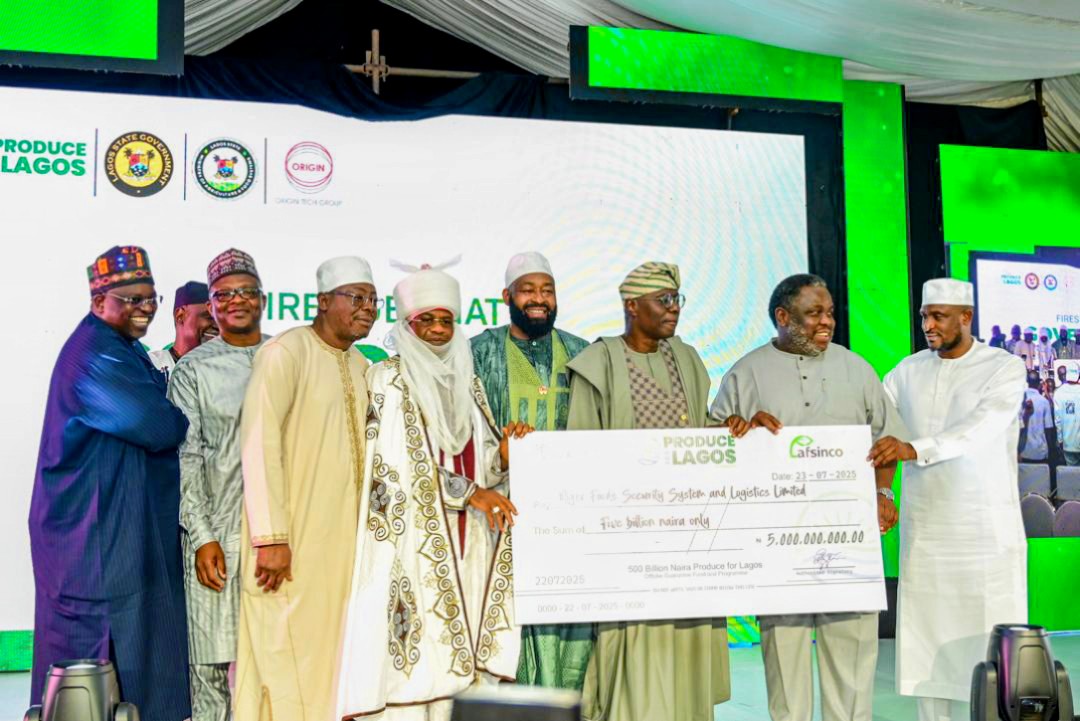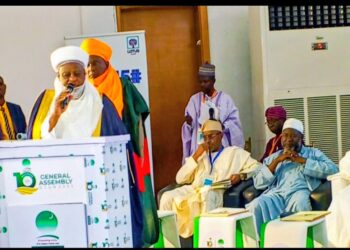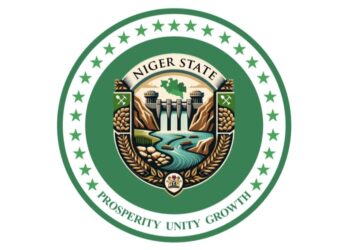Niger State Government to Cultivate Crops Worth ₦5 Billion for Lagos State.
By Yahaya Zakka Minna
Niger State Governor, Mohammed Umaru Bago, has been awarded a ₦5 billion cheque from Lagos State Governor, Babajide Sanwo-Olu, marking a significant step in a strategic agricultural partnership between the two states.
The cheque was presented during the launch of the “Produce for Lagos” initiative, an event held at the Lagos House in Alausa, Ikeja.
This substantial funding is earmarked for the cultivation of rice, yam, and beans, aimed at enhancing food security and agricultural productivity in the region. The initiative aligns with President Bola Ahmed Tinubu’s renewed agricultural agenda, which promotes inter-state collaboration to boost agricultural output across Nigeria.
At the launch, Governor Bago received accolades from various speakers for his commitment to transforming agriculture through mechanization, which was emphasized as a vital means of lifting the country from poverty to prosperity.
In a fireside chat, Bago underscored the agricultural potential of Niger State, highlighting its capacity to contribute significantly to the national food supply.
The objectives of this partnership are multifaceted, including the establishment of a coordinated and data-driven agricultural produce inflow into Lagos State. It aims to promote the development of farm estates and aggregation infrastructure within Niger State, facilitate a private-sector-led logistics ecosystem, and reduce post-harvest losses, ultimately enhancing food security and economic development.
Lagos State will support this collaboration by providing guaranteed offtake agreements through licensed bulk aggregators, facilitating working capital loans for the Niger Aggregation Company, and ensuring access to the Lagos Food Logistics Hub for bulk deliveries. Additionally, the state will aid in promoting investments and matching private investors with producers in Niger State.
Conversely, Niger State is committed to allocating land for the cultivation of key commodities, developing necessary infrastructure, and establishing regulations to support seamless inter-state food logistics and operations.
Both states will work together to define aggregation zones, create harmonized quality standards, and monitor the program’s performance, while a joint Steering Committee will oversee implementation. A Programme Delivery Office (PDO) will be established to coordinate day-to-day operations involving aggregators, farm developers, and logistics operators.
This partnership, set for an initial period of five years, is designed to be renewed based on mutual agreement, underscoring a shared commitment to enhancing agricultural productivity and food security in Nigeria.

















